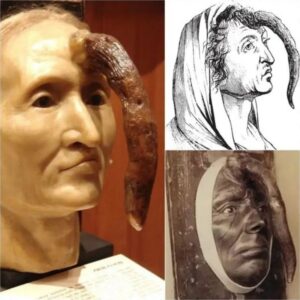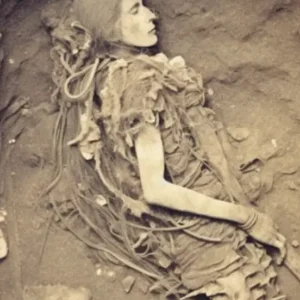The legacy of giants echoes through the annals of history, leaving behind intriguing traces that continue to fascinate researchers and enthusiasts alike. Across the vast expanse of the Eurasian continent, especially in India, remnants of these ancient beings have been discovered, shedding light on the mysteries of our distant past.

India, known for its rich tapestry of cultures and civilizations, holds a special place in the study of giants. Many of the oldest civilizations on Earth have flourished in this region, and it is here that some of the most compelling evidence of giant existence has been unearthed. From ancient texts to archaeological findings, India’s landscape is imbued with stories and artifacts that hint at the presence of giants.
In Indian mythology and folklore, tales of giants, or “Rakshasas” as they are often called, abound. These larger-than-life beings are depicted as formidable and sometimes malevolent creatures, capable of feats beyond human capabilities. While much of these stories may be steeped in legend, archaeological discoveries have provided tangible evidence that giants may have once roamed the land.

Excavations across India have uncovered skeletal remains and artifacts that suggest the existence of beings much larger than the average human. These findings include oversized tools, weapons, and structures, as well as skeletal remains with unusual proportions. While interpretations vary, many researchers believe that these discoveries point to the presence of a race of giants in ancient India.
The notion of giants holds significant cultural and spiritual significance in India. From epic tales like the Ramayana and the Mahabharata to local folklore and traditions, the influence of giants permeates Indian society. These beings are often portrayed as powerful and influential figures, shaping the course of history and mythology alike.

Despite the abundance of evidence, the existence of giants remains a subject of debate among scholars and scientists. Skeptics argue that the anomalies observed in skeletal remains could be attributed to other factors such as disease or genetic mutations. However, proponents of the giant theory point to the consistency of these findings across different regions and time periods as compelling evidence of their existence.






